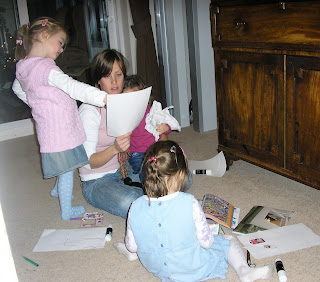One question I was asked by another student was what I thought about assisted suicide. Part of my answer was quoting Norman's comment on this blog, when I wrote about Margot McDonald's bill: 'interesting thoughts Michael. Does the individual have the right to decide when it's time? When is the right time? Is that person down and depressed at that moment? I personally live day by day, and expect that you have down days. In the final analysis it comes down to the individual's personal choice, and that by nature has to be selfish.' Norman has MND like me, and we're part of the same group. I was very struck by his last sentence. I don't think I've come across that so clearly so honestly expressed before.
I'm grateful to Stephen for this link to an article in Friday's Guardian by the novelist, M R Hall, headlined: 'Life is sacred - don't downgrade it.' 'In our reaction to the Gilderdale case, it's easy to forget that suffering and self-sacrifice are part of a truly humane society....' Unsurprisingly it aroused howls of protest from web-commenters who couldn't be bothered apparently to engage with the meat of his argument. But I think it's worth engaging with properly - i e don't just read the extract below! (http://www.guardian.co.uk/commentisfree/belief/2010/jan/29/life-sacred-gilderdale). I thought his comments on the trial judge particularly potent:
'The calls for reform following the Inglis and Gilderdale cases perfectly exemplify how emotional responses to individual circumstances can lead directly to moral collapse. When even a high court judge questions whether a mother who injects air into the veins of her daughter should be prosecuted for attempting to murder, we know that the relativism has usurped principle as the basis of our law. Mr Justice Bean has allowed himself to become sentimental; he is the kind of well-meaning individual who, under Evan Harris's regime, might find himself appointed to a panel that would determine whether a euthanasia-seeker had insufficient quality of life to be expected to endure; he is the kind of man who cannot see that suffering and the involuntary self-sacrifice of carers is a necessary part of a truly humane society; he is the kind of man whose weakness in the face of challenging absolute principles is too easily disguised as compassion.'
I'm grateful to Stephen for this link to an article in Friday's Guardian by the novelist, M R Hall, headlined: 'Life is sacred - don't downgrade it.' 'In our reaction to the Gilderdale case, it's easy to forget that suffering and self-sacrifice are part of a truly humane society....' Unsurprisingly it aroused howls of protest from web-commenters who couldn't be bothered apparently to engage with the meat of his argument. But I think it's worth engaging with properly - i e don't just read the extract below! (http://www.guardian.co.uk/commentisfree/belief/2010/jan/29/life-sacred-gilderdale). I thought his comments on the trial judge particularly potent:
'The calls for reform following the Inglis and Gilderdale cases perfectly exemplify how emotional responses to individual circumstances can lead directly to moral collapse. When even a high court judge questions whether a mother who injects air into the veins of her daughter should be prosecuted for attempting to murder, we know that the relativism has usurped principle as the basis of our law. Mr Justice Bean has allowed himself to become sentimental; he is the kind of well-meaning individual who, under Evan Harris's regime, might find himself appointed to a panel that would determine whether a euthanasia-seeker had insufficient quality of life to be expected to endure; he is the kind of man who cannot see that suffering and the involuntary self-sacrifice of carers is a necessary part of a truly humane society; he is the kind of man whose weakness in the face of challenging absolute principles is too easily disguised as compassion.'









